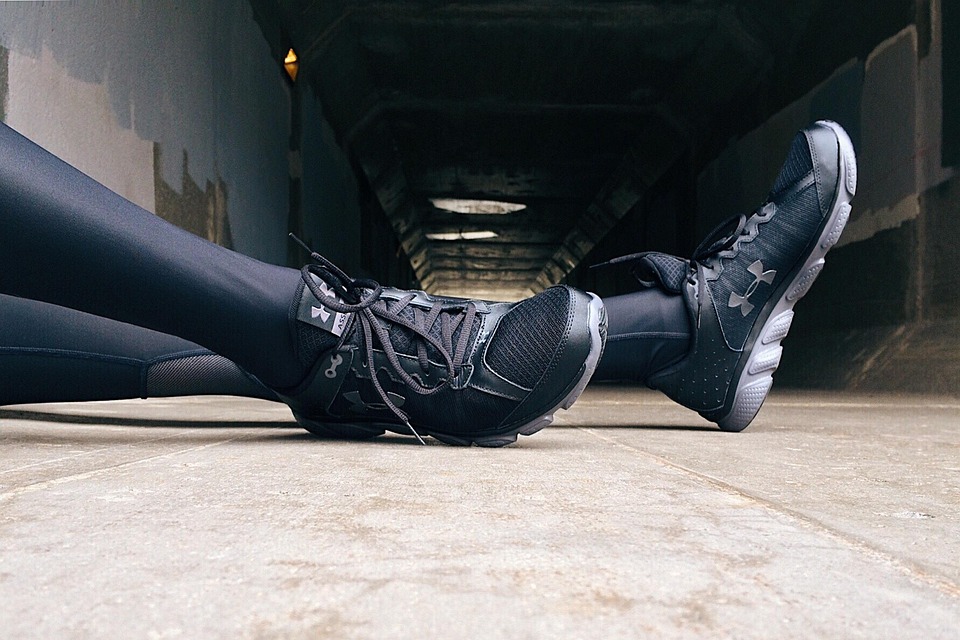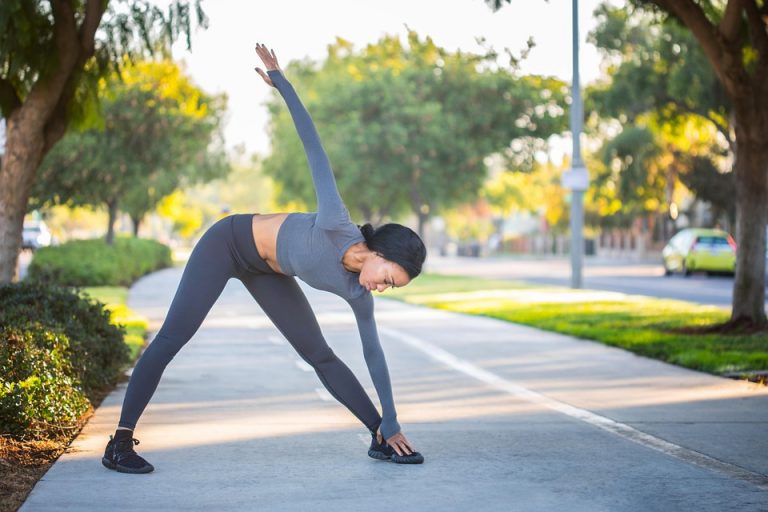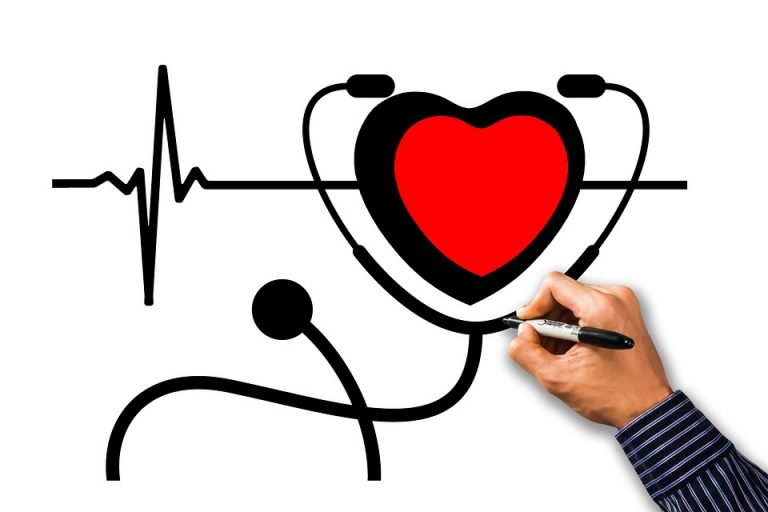Recovery tips for optimal muscle healing are essential for anyone serious about fitness, health, and overall well-being. Whether you’re an athlete pushing your limits or someone simply trying to stay active, your muscles deserve the best care. Let’s dive into practical, research-backed strategies that will help your body bounce back stronger and more resilient than ever.
Contents
Understanding Muscle Healing
Muscle healing isn’t just about rest; it’s a complex process that requires attention to detail. When you exercise, tiny tears occur in your muscle fibers. This is normal and even beneficial—your body repairs these tears, making your muscles stronger in the process. But without proper recovery, you risk injury, fatigue, and burnout.
Why does this matter to you? Because optimal muscle healing can enhance your performance, boost your confidence, and make your workouts more enjoyable. So, let’s explore seven must-try recovery tips that can transform your recovery game.
1. Prioritize Restful Sleep
Sleep is non-negotiable when it comes to recovery. Your body does most of its healing while you’re in dreamland. During deep sleep, your body produces growth hormones that aid in muscle repair.
Tips for better sleep:
- Set a consistent sleep schedule.
- Create a calming bedtime routine.
- Make your sleep environment dark and cool.
By prioritizing restful sleep, you allow your body to heal naturally. Aim for 7-9 hours each night. Trust me; your muscles will thank you.
2. Stay Hydrated
Hydration is often overlooked but plays a critical role in muscle recovery. Water helps transport nutrients to your muscles and removes waste products that can hinder healing.
- Aim for at least 8-10 cups of water daily.
- Consume hydrating foods like fruits and vegetables.
- Monitor your urine color—light yellow is ideal.
Remember, when your body is hydrated, it functions better, leading to quicker recovery times.
3. Fuel Your Body Right
What you eat is just as important as how much you sleep. Consuming a balanced diet rich in protein, healthy fats, and carbohydrates can significantly affect your muscle healing.
Foods to include:
- Protein: Chicken, fish, beans, and legumes for muscle repair.
- Healthy fats: Avocados and nuts for inflammation reduction.
- Carbs: Whole grains for energy replenishment.
Consider incorporating a post-workout snack within 30 minutes of exercising. This will help kickstart your recovery.
4. Incorporate Active Recovery
It might seem counterintuitive, but light activity can actually speed up muscle recovery. This helps increase blood flow, which is essential for delivering nutrients to your muscles.
Active recovery ideas:
- Gentle yoga or stretching
- Walking or cycling at a leisurely pace
- Swimming
These activities keep your muscles engaged without putting them under undue stress. Remember, the goal is to promote circulation, not to fatigue your body further.
5. Use Compression Gear
Compression garments can be your best friend when it comes to muscle recovery. They improve blood circulation, reduce swelling, and can even help alleviate soreness.
Types of compression gear:
- Compression socks for your legs
- Compression sleeves for arms
- Full-body suits for overall support
While wearing these can feel a bit snug, the benefits are worth it. You might notice a difference in how you feel post-workout.
6. Explore Massage Therapy
Massage therapy isn’t just a luxury; it’s an effective way to promote muscle healing. It helps relieve tension, reduce soreness, and enhance blood flow.
Types of massages to consider:
- Sports massage for targeted relief
- Deep tissue massage for chronic pain
- Foam rolling for self-massage
Schedule regular sessions with a licensed massage therapist or invest in a quality foam roller for home use. Your muscles will reward you with improved flexibility and reduced recovery time.
7. Mind Your Mental State
Your mental health is intertwined with your physical recovery. Stress can impede your body’s healing processes, so finding ways to manage it is crucial.
- Practice mindfulness or meditation.
- Engage in deep-breathing exercises.
- Spend time in nature to reset your mind.
By prioritizing your mental well-being, you create a more conducive environment for your muscles to heal. Remember, your body and mind work together.
Bottom Line
Muscle recovery is an essential part of your fitness journey. By incorporating these recovery tips for optimal muscle healing, you’ll not only speed up your recovery time but also enhance your overall performance.
Take the time to rest, hydrate, fuel your body right, and keep your mind in a positive space. Your hard work deserves the best care possible, and with these tips, you can ensure your muscles heal efficiently and effectively.
FAQ
Q: How long does it typically take for muscles to recover?
A: Recovery time varies based on intensity and individual factors but usually ranges from 24 to 72 hours for most workouts.
Q: Can I work out if I’m sore?
A: Light activity can be beneficial, but listen to your body. If you’re in pain, it may be best to rest.
Q: How often should I incorporate active recovery?
A: Aim for active recovery sessions 1-2 times a week, especially after intense workouts.
Now go ahead and embrace these recovery tips. Your body deserves it!
Get Your FREE Natural Health Guide!
Subscribe now and receive our exclusive ebook packed with natural health tips, practical wellness advice, and easy lifestyle changes, delivered straight to your inbox.





